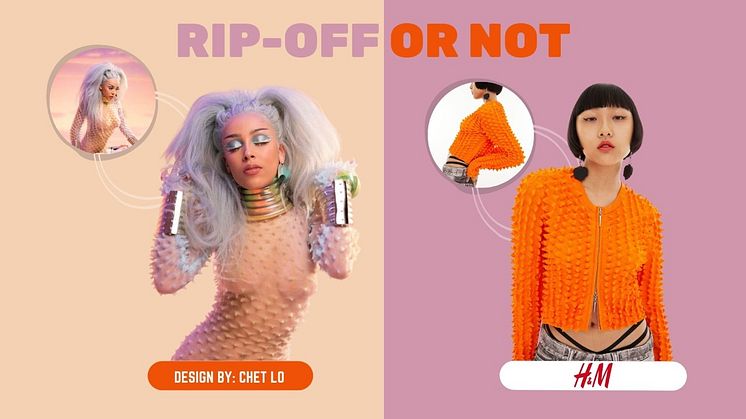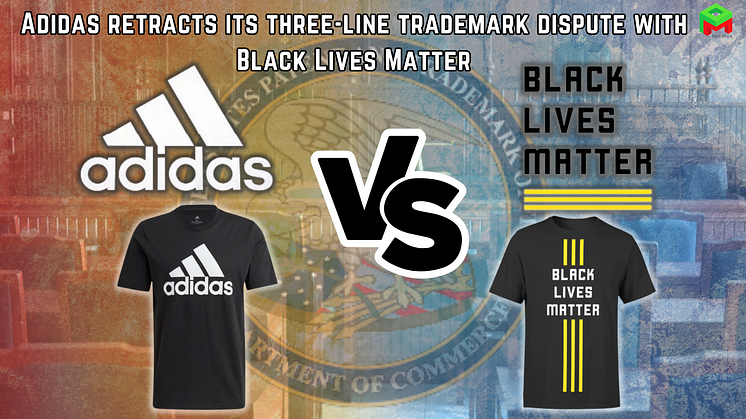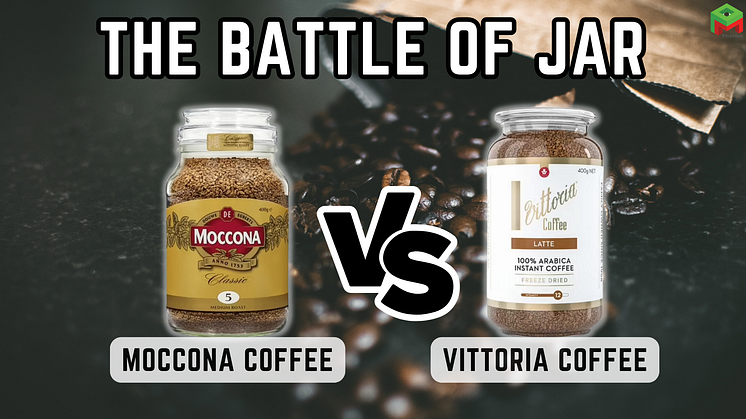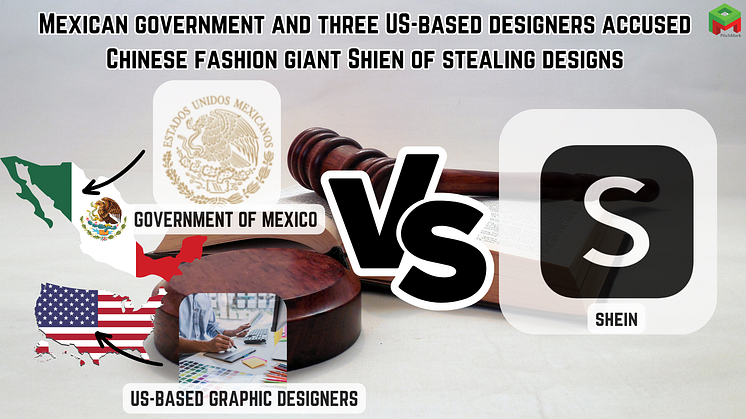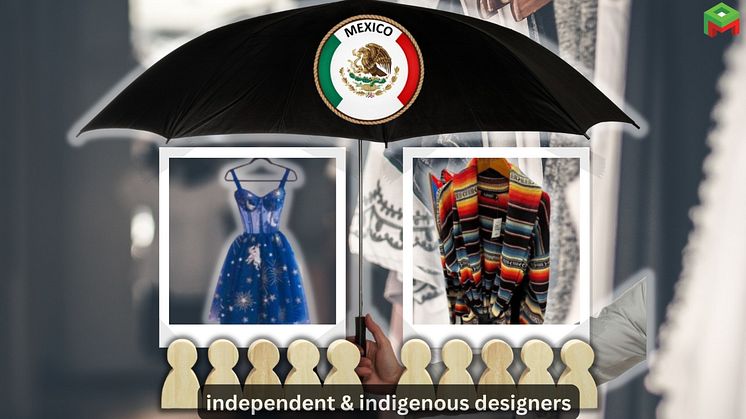
News -
Frequent rip-off of Mexican designers and why the government has stepped in to protect them
Mexico’s independent designers are facing a slew of design rip-offs by larger brands, and the indigenous designs are also not being spared. However, the Mexican government has now stepped up its efforts to protect the country’s independent and indigenous creations.
Designer Georgina Chávez is the latest victim of a rip-off. She alleged that her designs have been copied and sold on China’s online retail platform AliExpress.
In an interview with El Heraldo Digital, she said that the plagiarism of her designs has affected her brand reputation and sales.
She is now facing a scenario where her customers thinks that she is copying and selling cheap low-quality Chinese designs.
This is even though she has gradually built her brand since 2013 and designed clothes for celebrities such as Danna Paola, Dulce Maria, and Ximena Sariñana.
Chávez acknowledged that it was not the first time her designs were copied since she started her entrepreneurial journey. At the back of her mind, she has always feared that her company’s efforts were at risk of being copied by big brands, which may lead to her brand shutting shop.
After her post went viral, she received a lot of suggestions on different ways to protect her work, but she thinks it is not enough and concluded by saying that they “are not looking to sue anyone.”
It is not only the Mexican independent designers that are being ripped off of their work, the country’s cultural and historical handmade garments made by indigenous women are also subject to plagiarism by big brands.
Beatriz Gutierrez, the wife of Mexico’s president and head of a Mexican cultural affairs commission, recently called out Ralph Lauren for plagiarizing indigenous Mexican designs and ripping off the country’s pre-Hispanic culture.
She posted a photo of a coat with colorful indigenous design hanging in a store, that even Reuters found was being sold on a department store website for US$360.
The Mexican government is now fighting back.
Since assuming office in 2018, President Andrés Manuel López Obrador has accelerated his efforts to retrieve artifacts from Mexico's pre-Columbian past, including filing complaints against American and European auction houses and retrieving dozens of Mexican antiques.
The Chinese fashion retailer Shein was asked by the Mexican government to clarify the use of indigenous Mayan cultural elements in one of its products, which Shein later removed from its website.
The Mexican indigenous community claims that overseas professional designers or foreign retailers travel to meet indigenous creators only to buy at extremely low prices and resell them at higher prices elsewhere.
Similar allegations have been made by the government against Spanish fast fashion brand Zara, French fashion house Louis Vuitton, Venezuelan-American designer Carolina Herrera, and American retailer Anthropologie.
PitchMark has covered stories about indigenous design rip-offs. In April 2020, Alaska’s Sealaska Heritage Institute, along with family members of the late Tlingit weaver Clarissa Rizal, filed a US federal lawsuit against Neiman Marcus, a Dallas-based retailer, and eleven other retailers for copyright infringement over their marketing of a US$2,555 “Ravenstail Knitted Coat” that appeared to copy a specific robe created by Rizal in 1996. While the lawsuit was settled in March 2021, the indigenous community marked the resolution of the case by burning an example of a commercial garment that had copied Rizal’s design.
PitchMark helps innovators deter idea theft, so that third-parties that they share their idea with get the idea but don’t take it. Visit PitchMark.net and register for free as a PitchMark member today.

